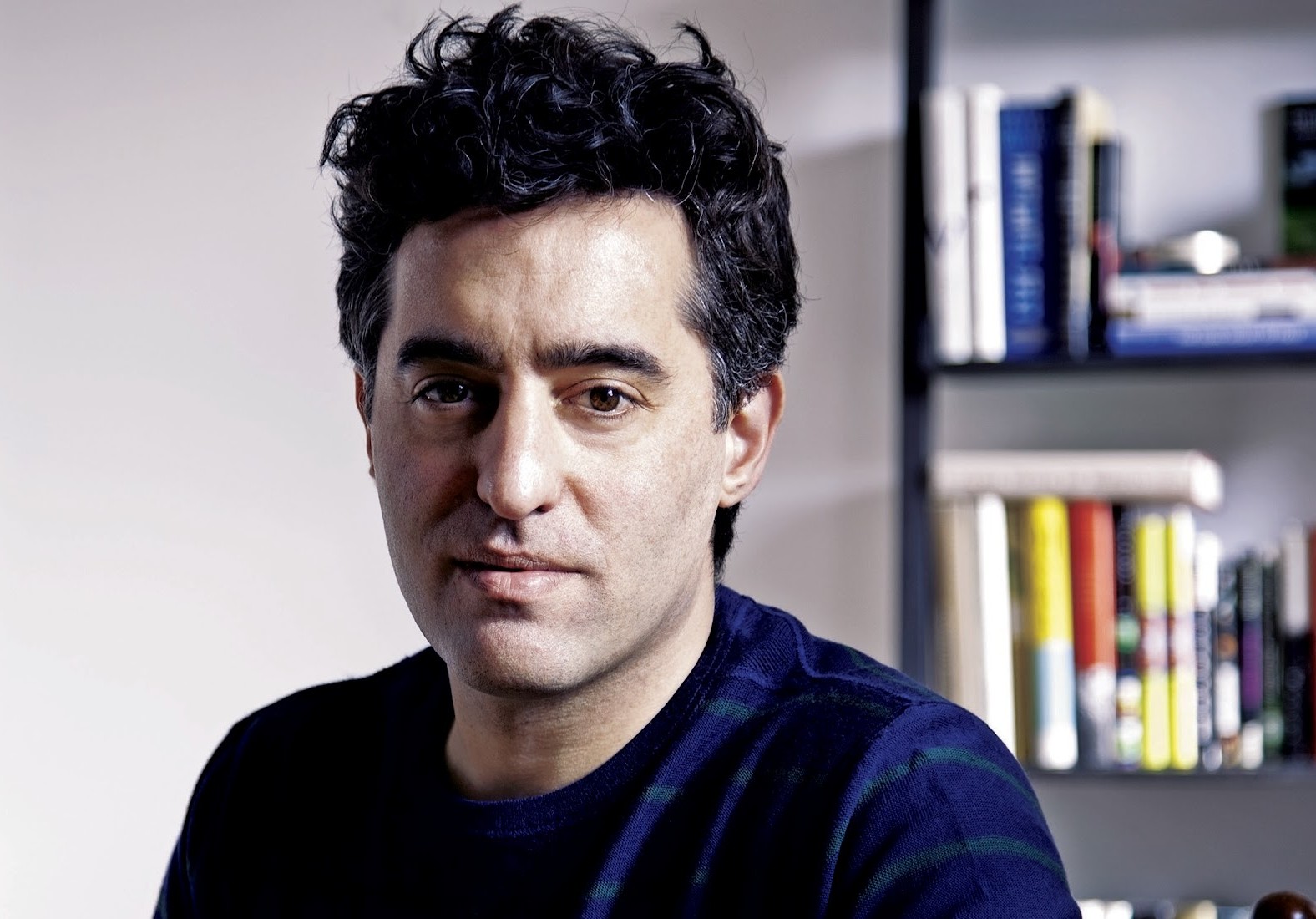“They’re in our house maybe ten minutes and already Mark’s lecturing us on the Israeli occupation. Mark and Lauren live in Jerusalem, and people from there think it gives them the right.”
So read the opening lines of Nathan Englander’s What We Talk About When We Talk About Anne Frank, his award-winning short story collection.
At first glance, Englander tackles the contemporary version of the Jewish Question. What is the relationship between secular Jews and the orthodox? What about those who live in Israel—are they any more Jewish (whatever that means today) than those who stayed in the U.S.? How should we treat the tragedy that was the Holocaust (even here, the dilemma arises: was or is?) with due respect while moving on with our lives?

Englander’s dialogue flows in beautifully rhythmic Yiddish cadences, familiar to anyone who’s watched an episode of Seinfeld. Englander is a careful observer, but is not as much of a minimalist as Raymond Carver (whose What We Talk About When We Talk About Love influenced this collection). Carver treats love, and all its discontents, with sharp vignettes; his writing is cold and sparse, with the occasional instance of insight emerging like the top of some grim iceberg. Englander, however, is more open to exploring the ideas which grip his characters, leading readers to identify with them immediately, in a less pessimistic sense. Whether readers are Jewish or not, the characters’ happiness is ours; their vices, their weaknesses, are ours too.
In broader terms, however, Englander’s stories speak to the challenges of being an artist—in this case, a writer. There are two requisites to writing—knowing how to write, and having something to write about. Englander’s generation was bestowed with happy childhoods, devoid of what has been historically used as creative fuel. They’ve been lucky enough to avoid both abject poverty and the carnage of war; the only worthy topic left is love.
Hemingway once said that there is nothing to writing—all you do is sit down at a typewriter and bleed. Englander follows suit, at his most honest and vulnerable when writing about an old flame. His candid style verges on an intimate rambling in “Everything I Know About My Family on My Mother’s Side,” the collection’s most touching story. Here, Englander mixes equal doses of regret and self-fulfilment, as he wrestles with his identity to find fodder for his stories, and mourns the loss of his first love.
In truth, however, Englander moves beyond the mainstays of love, poverty, and war. Some say an artist must learn how to show beauty in the mundane; if so, Englander writes what he knows, and writes it with plainspoken honesty, peppered with sharp, perfectly timed wit. With a keen eye for the poignant instances which colour our lives, Englander has produced a masterfully written collection of short stories. Like all good writing, it’s what we talk about when we talk about being human.









